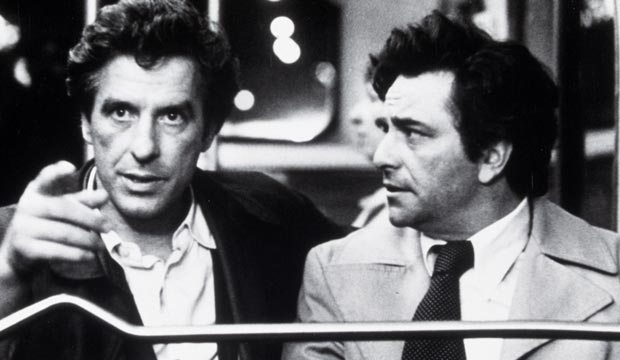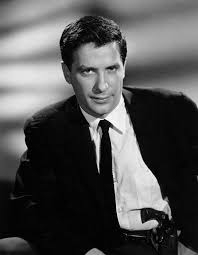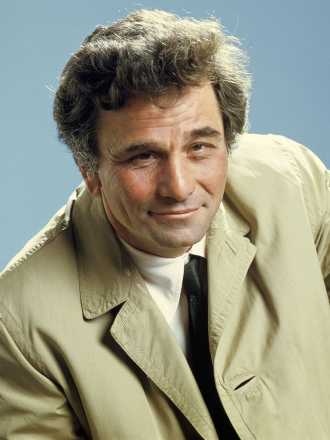John Cassavetes
This is a photo of Peter Falk and John Cassavetes added by Amanda S. Stevenson on November 21, 2020.
Date & Place:
Not specified or unknown.


 Amanda S. Stevenson
Amanda S. Stevenson 



